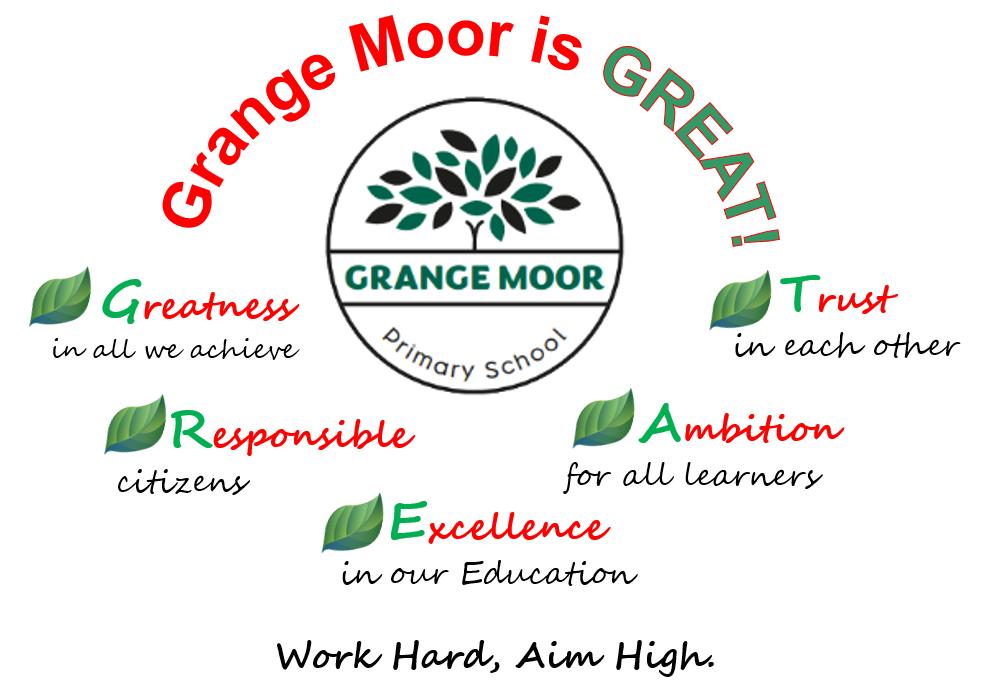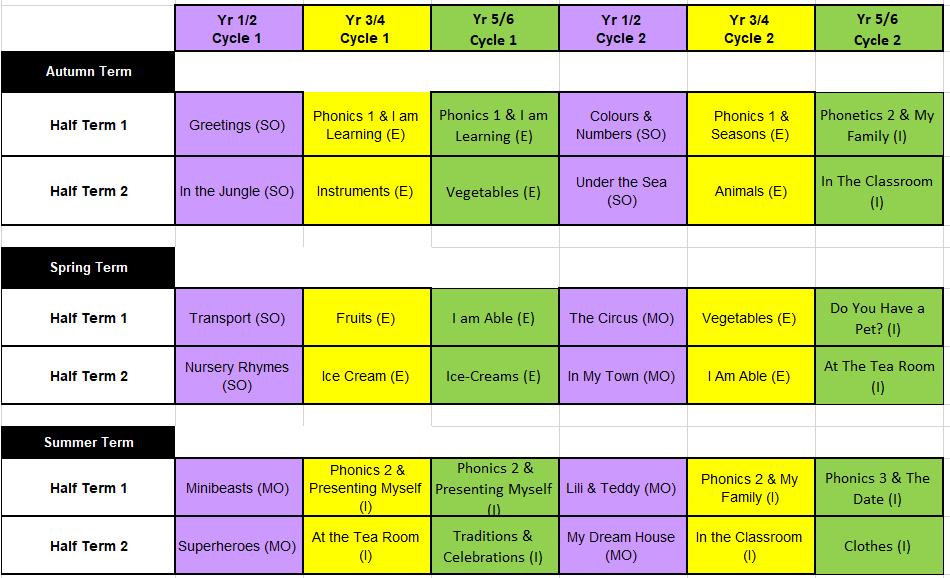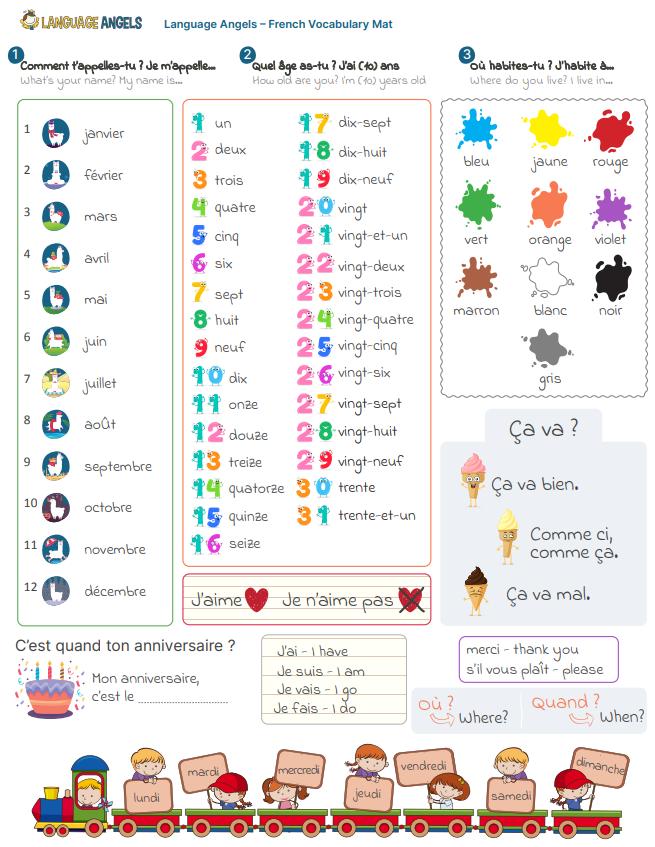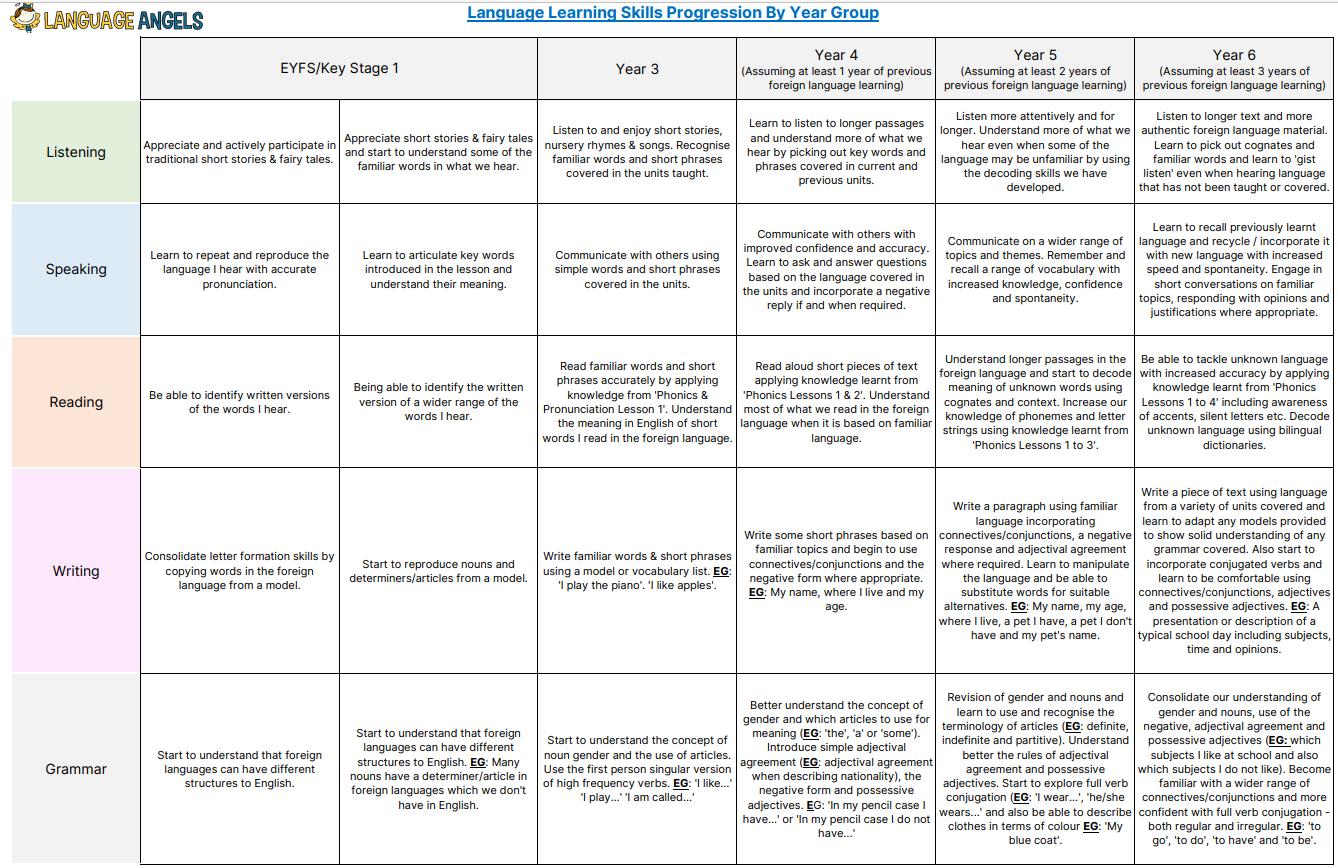
Curriculum Map Document
1. MFL Statement of Intent
2. MFL at GM – an overview
3. Whole School Long Term Plan
4. Progression of Skills
5. Assessment



1. MFL Statement of Intent
2. MFL at GM – an overview
3. Whole School Long Term Plan
4. Progression of Skills
5. Assessment

As set out in Section 3 of the National Curriculum:
Languages are classified as a foundation subject and must be taught to key stage 2 and key stage 3 children.
Additionally, learning a foreign language is a liberation from insularity and provides an opening to other cultures. A highquality languages education should foster pupils’ curiosity and deepen their understanding of the world. The teaching should enable pupils to express their ideas and thoughts in another language and to understand and respond to its speakers, both in speech and in writing. It should also provide opportunities for them to communicate for practical purposes, learn new ways of thinking and read great literature in the original language. Language teaching should provide the foundation for learning further languages, equipping pupils to study and work in other countries.
At Grange Moor Primary School, we strongly believe that exposure and immersion in a Foreign language at the earliest opportunities can positively impact on children’s ability to acquire a foreign language later on. Therefore, we dedicate timetabled French lessons weekly to all children, right from Reception.
At Grange Moor Primary School we feel that the learning of a foreign language provides a valuable educational, social and cultural experience for the pupils. It supports the development of communication and literacy skills, including speaking and listening, that then lay the foundation for future language learning.
Learning a second (or third in some cases) language also extends the pupils knowledge of how language works, exploring the differences and similarities between French and English. Learning another language raises awareness of the multilingual and multicultural world and introduces an international dimension to pupils’ learning, giving them an insight into their own culture and those of others. The learning of a foreign language provides a medium for cross-curricular links and for reinforcement of knowledge, skills and understanding developed in other subjects.
Dedicated French lessons are taught weekly to all year groups using Language Angels. Themes are aligned and built on level by level through each year group. We also use songs, continuous provision and every day opportunities to apply and reinforce the learning and vocabulary acquired through our French lessons.
Language Angels caters for the three pillars of learning ensuring substantial progress in the foreign language by the end of primary phase. The three pillars of language being:
• Phonics
• Vocabulary
• Grammar
Language Angels automatically weaves these pillars into all lessons, units and teaching types. To ensure substantial progress and build solid foundations in language learning before leaving primary phase.
Language Angels aims to equip all pupils with a broad and balanced curriculum that deepens knowledge but also provides the cultural experiences they need to flourish throughout primary phase and beyond. The curriculum drivers we support with foreign language learning are:
Oracy: We will support pupils in becoming increasingly ariculate young individuals who are able to express their own ideas confidently in both the first and second language. Language Angels promotes spoken activities and provides plentiful activities in all lesson to encourage communication which we believe needs to be actively taught and practised. The oracy developed in the foreign language will increase confidence, improve academic outcomes and encourage both independent and group work.
Diversity: Wherever possible Language Angels will celebrate religion, ethnicity and ability. Great efforts have been made to represent a range of cultural backgrounds. The characters the children will see have been designed by our own team of illustrators and do not always conform to stereotypes and do always promote equal opportunities and inclusivity at all times. We endeavour to ensure all pupils feel valued, respected and included in their foreign language lessons. Language Angels values diversity and celebrates difference.
Creativity: Creativity is at the heart of Language Angels and pupils need opportunities to practise creativity. Music and art are only part of how we encourage pupils to be creative in foreign language lessons. Our creative approach will encourage pupils to think creatively to solve problems creatively and will encourage them to enjoy finding different pathways to the same end goal. They are encouraged to find alternative and creative solutions to allow them to write and say what they would like in the foreign language.
Independence: Wherever possible Language Angels will encourage all pupils from an early age to be confident independent learners. To become more organised, deeper thinkers, and use their initiative to solve problems and move forward in their language learning. Knowing what to do when they are unable to initially complete a task/answer a question will help build their confidence. Learning to persevere and understanding that it can at times take longer for some to find answers but knowing we will get to the answer in the end are important life skills.




Essential vocabulary to be covered by the end of primary phase has been summarised on a ‘Core Vocabulary Mat’. This is the minimum, most useful ageappropriate, non-negotiable language we recommend is taught at this stage of learning to be covered well before leaving primary phase. Beyond this, in lesson 1 of every Language Angels unit there will be a ‘Unit Glossary’ and ‘Picture Vocabulary Sheet’ that will contain all of the core language vocabulary that is covered and presented to pupils in that unit. Every unit will recap and consolidate the core vocabulary and then add on more language so that pupils gradually expand their range of language helping them to understand more and start to say and write more. Becoming more complex and sophisticated and their range of vocabulary expands. Starting mostly with noun and determiner in Early Language moving to phrase and text level in Intermediate and finally Progressive.


Through an online platform, all children are assessed individually against unit outcomes in the language angels scheme. Reports are used to monitor pupil progress and inform planning and actions.
For each unit taught, children are assessed against outcomes in
